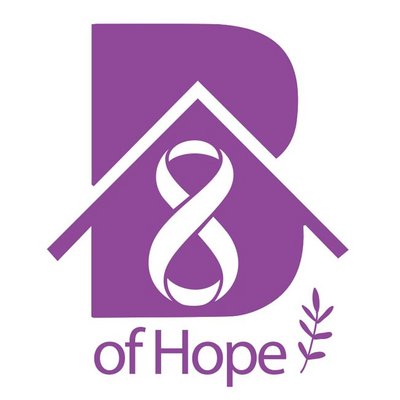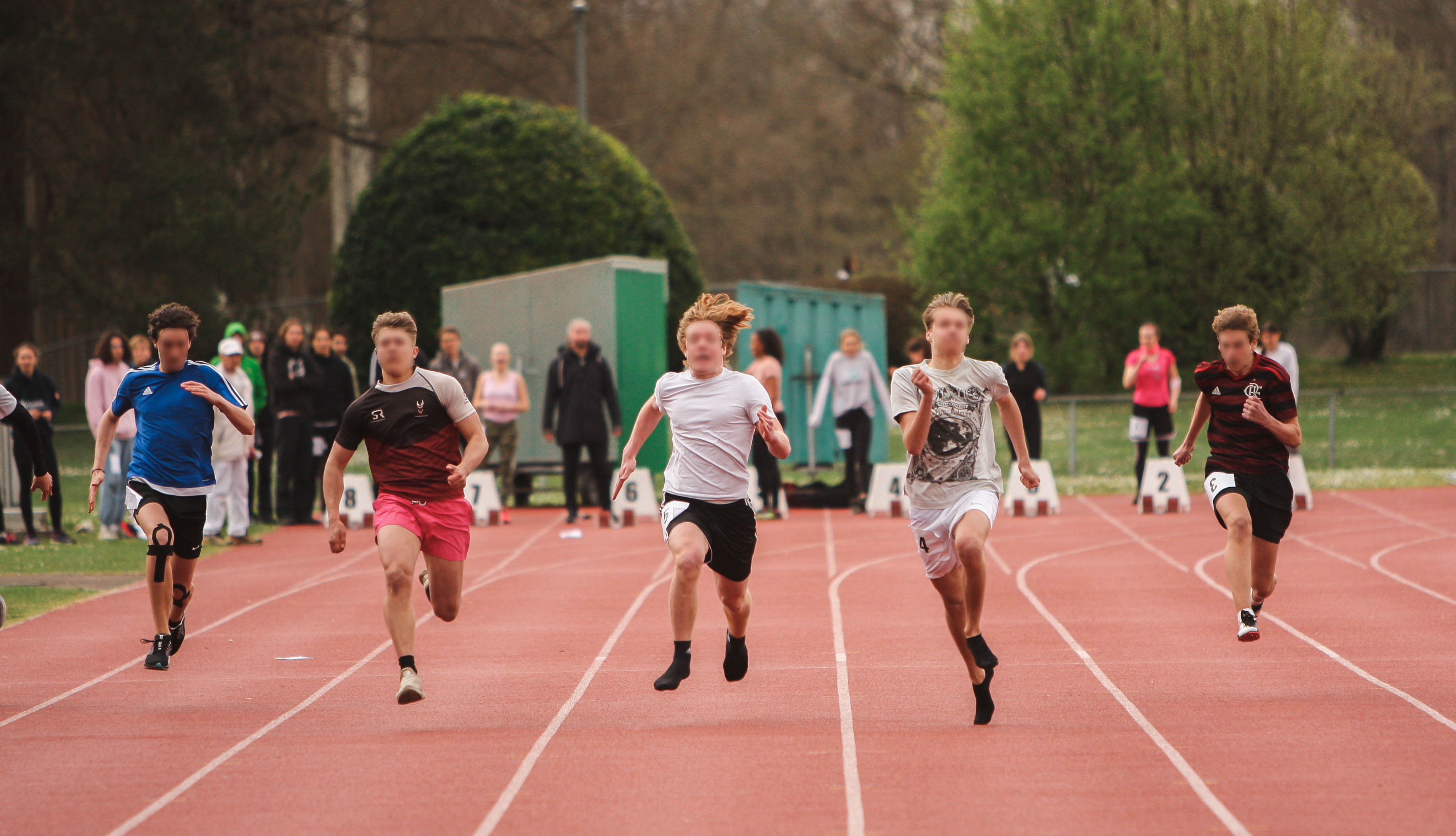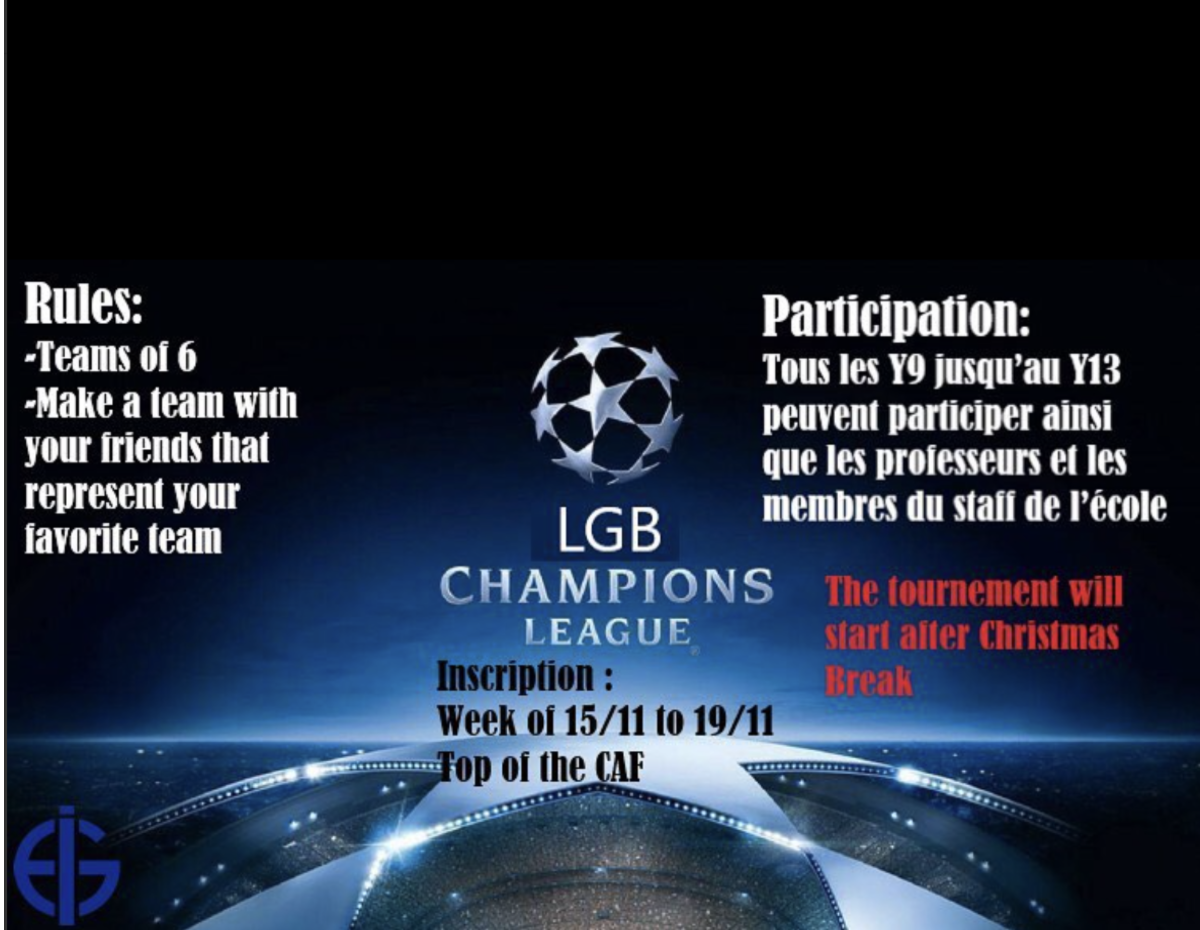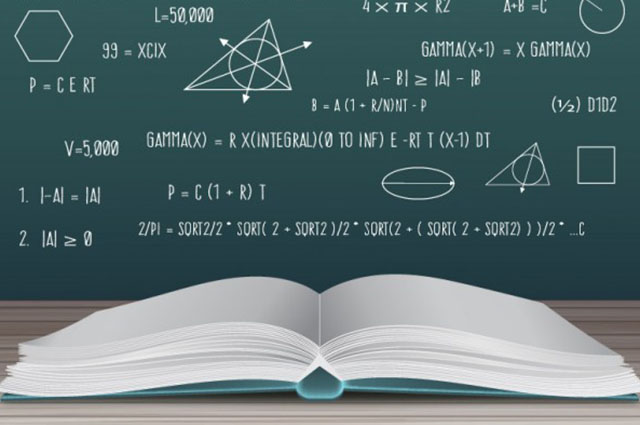By Yuval Israel, Year 12, and Ruth Anderson, Year 11
When you created the organization with 7 other co founders, what was the initial idea and how long did it take it to bring it to reality today in Geneva?
The initial idea was very modest. The year before we were officially founded, I had brought together two peace activists–one Israeli and one Palestinian. It was just a private initiative, a one time event. It took place here in Geneva, where they spoke about their peace-building work to the students and my circles of friends. I had planned to invite 50 people but each of them wanted to bring 30 more.
However, my living room was shrinking, so I reached out to the arts centre (CDA), and we ended up hosting multiple conferences for students, parents and my circles of friends. In total, 700 people attended–something I hadn’t expected. My 13-year-old daughter handled the reservations as the event was free, but I kept track of the attendees to ensure we had enough spots.
After that, I decided to return to my life. I was a translator–French, English, Spanish–nothing to do with Israel and Palestine. I was taking care of my kids. It was a very quiet life.
However, people from the audience started reaching out. Some were my friends, but most were strangers, including parents from La Châtaigneraie. They told me, “Mehra, you cannot let this be a one time thing.” They offered to help me create a nonprofit to continue to modestly support the incredible initiatives that I had encountered in Israel and the Palestinian territories in the West Bank.
We had initially planned to hold a fundraiser once a year to support the existing peace-building initiatives led by Palestinian and Israeli civil society. However, the organisation grew fast because my co-founder at B8 of Hope and I are hard workers. I soon became the one running things on a daily basis, and began regularly visiting schools to talk about what we do – emphasizing that the most important stance is to support both Israeli and Palestinian peace activists working together, rather than being solely pro-Palestinian or pro-Israelie.
Additionally, we have expanded from the 3 initiatives that we initially supported, to funding over 20 on the ground. We even show films such as the one we screened for the year 12’s and 13’s a couple weeks ago at LGB. The films showcase our beneficiaries and serve as a powerful tool for the viewers to better understand what peace activism is all about.
None of this was planned. It just grew, organically, and unexpectedly. Today, we have a large community of donors, supporters, and volunteers, reaching people from all different nationalities and backgrounds here in Geneva.
Given the magnitude of the problem, we remain small. Nevertheless, we make an impact by funding the activities of our Israeli and Palestinian beneficiaries who are paving a path for peace. We also reach people outside the conflict zone, touching hearts and minds. Whether they are Jewish or Arab, international or Swiss, regardless of whether they have no skin in the game, our work resonates far beyond borders.
Is the organization exactly how you envisioned it or differently?
What we do is much bigger than what the co-founders of B8 of Hope and I originally envisioned.
In fact, it’s a good question because right now we find ourselves at a crossroads. Our mission has become so huge and the tasks that we have to accomplish span so many different levels that we must decide: do we professionalize and expand our team, or do we scale back and focus solely on our main activities?
Inspired by amazing peace activists, we envision a future where Israelis and Palestinians share this land in dignity, equality, and prosperity, with the right of self-determination for both. No one will be told that they cannot exist or that they need to leave.
To support this vision we focus on two missions: First, we fund and promote peace-building initiatives on the ground. Second, we work to change the discourse abroad and build a healthier narrative by encouraging a pro-peace mindset rather than taking sides. We educate people on the complexities of the situation through school visits, newsletters, annual reports, and social media – although our online presence still needs improvement.
In the coming months, we will decide whether to scale back or continue to expand with increased professional support, as volunteer efforts are no longer enough to sustain our work.
So it is just you and the other staff member? What about the other 7 co-founders?
There are 8 co-founders, each with different professions and busy with their day jobs. Some of them take part in our steering committee and they help make decisions, and we vote on key matters surrounding the projects, such as whether to take a new grantee. These decisions have to be made, so we gather once a month or every two months to make the big ones. But on a daily basis, the paperwork and administration are handled by myself and one staff member.
None of us co-founders are paid. Volunteers assist with big events, for example, buying drinks and fixing tables on gala nights, but not on a daily basis.
The staff and I do the daily work: administration, transfer of funds to our grantees, due diligence, tax certificates, presentations, social media posts, newsletters, and more.
For our third question, we read about you beforehand and we saw that you are of Iranian nationality, you left in 1979 during the revolution, and you came to Switzerland to study in a Catholic boarding school. So we were wondering if as a child, when was the first you heard about this conflict, how did you react and has your view changed since then? And how has your view changed since then?
That’s a tough talk. There is a long story behind it.
I was born in ‘67 in Iran to a secular Muslim family. My dad was a general in the army of the Shah, the King of Iran. He used to take me on trips whenever he could, even official ones, so I could see the world.
The last trip that I took with him was when I was 10, back in ‘77. We went to Israel as part of a delegation of Iranian generals and their families who were meeting with a delegation of the Israeli military, the IDF. Because things have changed so much, we sometimes forget that Iran and Israel once had good relations and cooperation between the armies. A young Israeli woman of Persian Jewish descent took me and my dad sight-seeing. She knew how to speak Farsi and she made the trip more enjoyable because she would hang out with me when the adults didn’t really talk to me. That was the best souvenir, my best memory of that trip. Then we went back to Iran, and a year and a half later, the revolution happened. My dad was among the first military officers of the Shah to be executed by the new Islamic regime.
To keep me safe, my mom sent me to a boarding school in Lausanne, run by Catholic nuns. For a long time, she was stuck in Iran, and I grew up here, alone with the nuns. I would always try to remember that trip to Israel because it was one of the last fun things I did with my dad. I thought about Yafa, the lady who looked after me, and I couldn’t help but think that I would never see her again, since I didn’t even know her last name.
Back then, in the 80s and in the 90s there was no Internet, no Facebook–no way to find people. Fast forward to 2014, somebody sent me an article by Haaretz, the Israeli newspaper. It was the interview of a retired Israeli general, who had organized that trip back in ‘77. He mentioned the trip, and even my father in his interview. I thought “Oh my God. I have to find this guy. And maybe he still knows Yafa. I would love to see her again.” As you may know, my husband is Jewish, and I’m Muslim. We had a very secular wedding, and religion, as well as Israel and Palestine were not major themes in our family. He doesn’t have family in Israel, so we don’t necessarily visit. But I had always felt that it was not the right time for me to go to Israel. I didn’t want to change the memories that I had with my dad. It would also be frustrating to be under the same sky as Yafa and not be able to find her. So I told myself that one day I would go for a meaningful reason, not just for tourism.
But the article stuck with me. Now that I had a name, I could try to track down the general. A friend in Geneva, who is Jewish and visits Israel often, found him for me. I called him, and to him, it was like a ghost from the past. He wanted to know everything about me–how I learned about my dad’s death, where I was when I learned it, what had happened to me, where I live, what I do, and so on. Then he asked, “When are you coming to Israel to visit me?”
I responded, “Right away”. So we organized the trip for the end of June, 2014. My husband, our two kids and I. The general greeted me as if I was his niece and I got to meet his family.
He found Yafa for me. When we arrived Yafa came to the hotel to take us to the house of the general. For me, it was as if no time had passed. I was overwhelmed and asked, “Yafa, how do you even remember me? I was just a little girl and you were this beautiful 25 year old woman, who made sure I had so much fun.”
She responded, “For me, it was also special.” She took out my thank you note from ‘77, straight from her pocket, and she said, “I haven’t forgotten you. I kept this as a souvenir all these years not knowing I would ever see you again.” It was a powerful moment of reconnection with my past and with old friendships, and I had the best time.
During that same trip, after spending time with the general and Yafa in Tel Aviv, we went to Jerusalem to visit an old childhood friend of my husband’s, now Israeli. Jean-Marc is a Swiss Jew who immigrated to Israel after the Oslo peace accords and became religious. We thought, “Let’s visit Jean-Marc in his element in Jerusalem.”
Jean-Marc then surprised us. He said, “Okay, very cute story, Mehra. But, tomorrow, I’m taking you to the West Bank to meet some amazing Palestinian peace activists.” I was shocked.
A religious Israeli taking me to meet Palestinians? It shattered all the stereotypes in my head. I also had my own biases. In my mind, Iran’s Islamic regime supports Palestinians, so the friends of my enemies are also my enemies. But then we went to the West Bank.
We met a Palestinian peace activist sitting with Israelis, deep in conversation with them. They spoke about profound topics. I thought it was crazy. This man, Ali Abu Awad, is the one who inspired me. When I came back to Geneva, he was the first person I invited, along with Jean-Marc.
Jean-Marc is also a peace activist and a lawyer. I thought “I have to invite these two to Geneva to meet my Jewish and Arab friends here.” My Jewish and Arab friends here avoid talking about the conflict with one another, but I thought by listening to Ali and Jean-Marc, they would be inspired. They could discuss the conflict in a constructive way and maybe even join forces to support Israeli and Palestinian peace activists.
The idea of a small conference at my house took shape, and as you know, it eventually became a big conference. There are amazing civil society initiatives out there that no one hears about because the press and the media prefer to show the violence. People started hearing constructive stories thanks to Ali and Jean-Marc.
That’s the story of how my Iranian background, that first trip with my dad and then the second one visiting the general, Yafa, Jean-Marc, and Ali, all came together to shape my peace activism.
When expanding the organization, did you face a lot of controversies from people outside? People who might not have agreed with this goal?
Many, many different opinions, we have seen it all. We had people who were moved because of the films. When we bring peace activists here and to talk, people become inspired and experience a kind of transformation. However some people perceived it as “very naive.”
I have often been told that “It’s very nice, Mehra, but it’s naive. It’s not enough.” People would tell me I “should do human rights.” My response is that, “Human rights are important and so is the documentation of human rights violations so that such acts are not repeated. However, without humanization, human rights remain a piece of paper and will continue to be violated.”
A more efficient approach is to firstly attempt to touch the hearts and minds of people. This will lead to them taking action whether it is through pressuring their leaders to act, or through voting. We work with an organization called Alliance for Middle East Peace, whose slogan is “peace is only possible by popular demand”. It takes a long time as it’s one heart at a time.
This is what motivates us to continue with our work. As long as the peace activists on the ground continue what they do, we will continue supporting them. Being a peace activist is very courageous. Contrary to what is believed it is not about hugs, love, and peace. It takes a lot of courage to try and see the humanity in the other. For both Palestinian and Israeli peace activists, there is the risk of losing friends or the proximity to family members in the process, as the activists are viewed as traitors. Yet they continue out of love for their people and a desire to put an end to violence and to injustices.
Have you ever succeeded in convincing people who were initially one-sided to join this cause for peace?
A friend of mine in Geneva was once extremely skeptical. I always invited him to our B8 of Hope events though he never attended. He explained that as long as Palestinian territories are occupied, he is not interested in dialogue as it does not seem significant to him.
Despite this, he kindly began following B8 of Hope through social media. Until at some point he called me saying “Only idiots don’t change their minds”. He admitted that following us online had got him thinking. He said that he wanted to know more about the project and proposed we have lunch together.
I realized that I had the perfect opportunity for him, as two young Israeli and Palestinian peace activists, Noa and Yara, were coming to Geneva. We organized a meeting and he was truly inspired by the two. Since then, he has become an active supporter.
On another note, the friendship story of the two peace activists is truly inspiring. It can be heard in a podcast which you can find on our website under podcasts.
What’s the most recent project or initiative by your organisation that has made an impact?
Since 2017 we have sponsored an inspirational Israeli-Palestinian memorial ceremony that pays tribute to all the victims of the conflict.
It’s organized by Combatants for Peace, which is also an organization that we support. These are ex-Israeli military men, and ex-Palestinian paramilitary fighters, who were all involved in violent acts. Yet, one day, they each had a personal transformation, which led to them deciding to lay down their weapons. They were introduced to each other, and they co-founded Combatants for Peace to pave a path for peace and non-violence together.
Each year, on Yom HaZikaron, Israel’s official day of remembrance for fallen soldiers, Combatants for Peace organizes a memorial ceremony. On this day, Israelis and Palestinians come together to mourn their lost loved ones side by side.
It is controversial as it is a joint mourning ceremony. They secure permits for the Palestinians, bringing them to Tel Aviv. In a large park there, a stage is set up where bereaved Israelis and Palestinians share their stories of loss, crying together in solidarity. B8 of Hope supports this by paying for the costs of the ceremony.
One of the stories that really touched me was one of a Palestinian father whose son died at ten years old. He took a rubber bullet that was not meant for him. He told us, “My son died from a rubber bullet, but he didn’t die immediately. He was transported because it was a mistake. He was transported by ambulance to Haifa, the doctors tried everything they could to save his life, but he died. 2 minutes later, they had to ask me this difficult question. Are you willing to give his organs?”
Imagine, having just lost a son, and being asked this. He had just one minute to decide, where he went through all sorts of emotions, starting with anger and then sadness. He ended up agreeing. This event is the reason he advocates for an end to the conflict so that no other family has to suffer through the tragedy of losing a loved one.
The father felt as though his son had indirectly saved the lives of others. This decision to donate the organs led to him going through a healing process. Of course, you never heal from the loss of a child, but it was his way to deal with this trauma.
What is an event in the future which you think could bring attention to your organisation?
We have just done the screening of our movie and are hoping that it will get recognition and attention. The filmmakers are currently selling it to TV channels, including Israeli TV channels. There are also two more movies that are not finished yet. We always try to highlight the good news despite everything.
What is a story that has touched your heart recently?
The Jewish community in Geneva organized a concert in September, called Concert For Humanity. It was a classical concert with Palestinian and Israeli musicians in favor of two of our grantees: The Women of the Sun (Palestinian women’s movement for peace) and Women Wage Peace (Israeli movement for women for peace). The 3rd beneficiary of the concert was the families of Israeli hostages, which is an organization that deals with the needs of families who are waiting for their loved ones to be released by Hamas. One representative was present for each organization.
The Palestinian woman was very nervous as the Jewish community was present at the event. She admitted that she was afraid of drawing attention because she wore the hijab, fearing that she could be seen as a symbol of the people responsible for what had happened to them. She was especially concerned about the families of hostages.
When we arrived we saw the representative of the hostage families, an elderly woman named Margalit Moses. She had been a hostage herself, and was released in the first deal. As soon as Margalit spotted Saussan, the Palestinian woman, she came straight to her, hugged her, and said, “It’s so important that you are heard. Thank you for coming. It’s so important for the Jewish community to hear your voice, because I was a hostage, and I don’t put everyone in the same basket. They need to see you.” They embraced each other and held hands all night, it was amazing. The generosity of Margalit was out of this world. And Saussan was deeply touched by her kindness and incredible gesture.
For any more information, visit https://b8ofhope.org/



